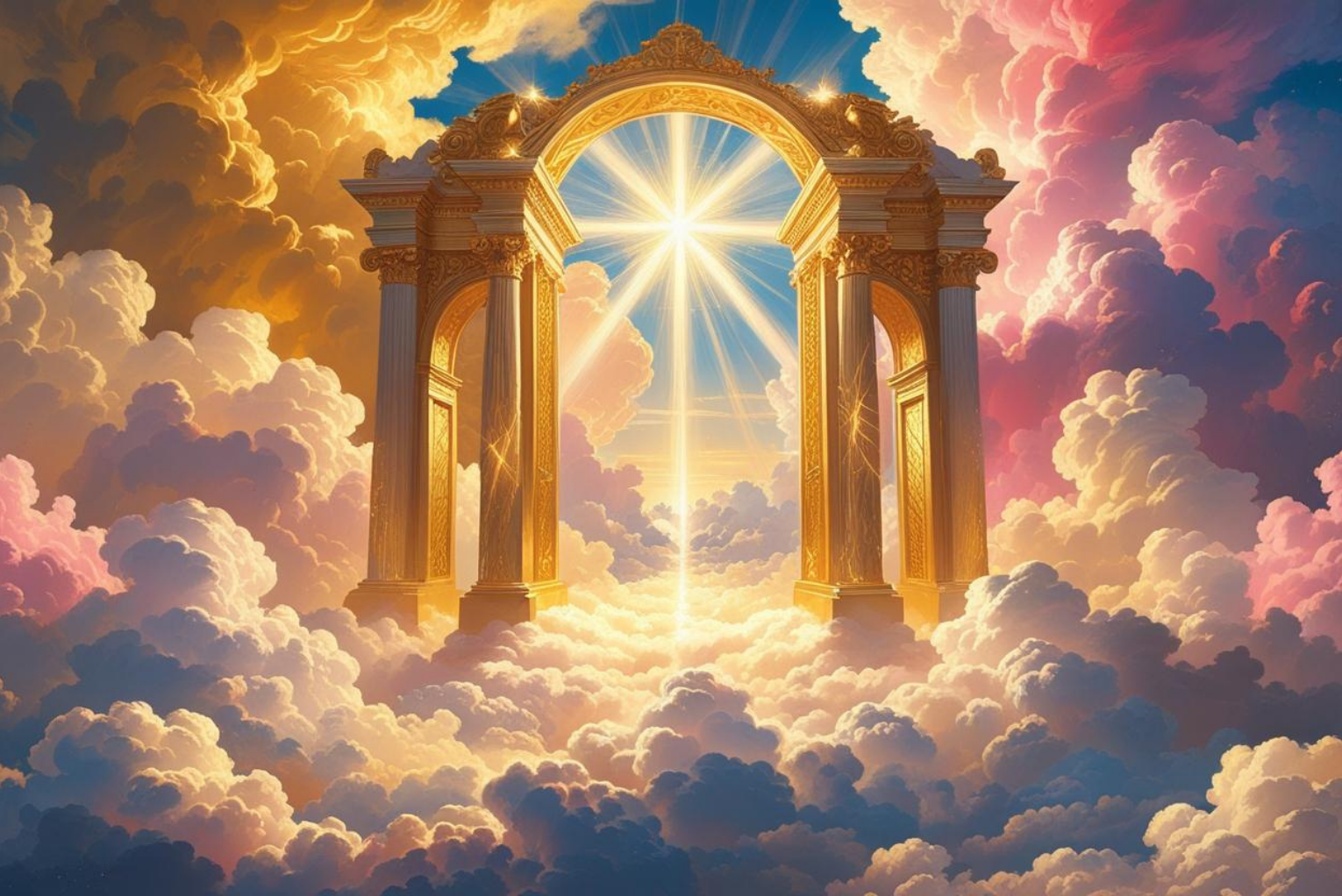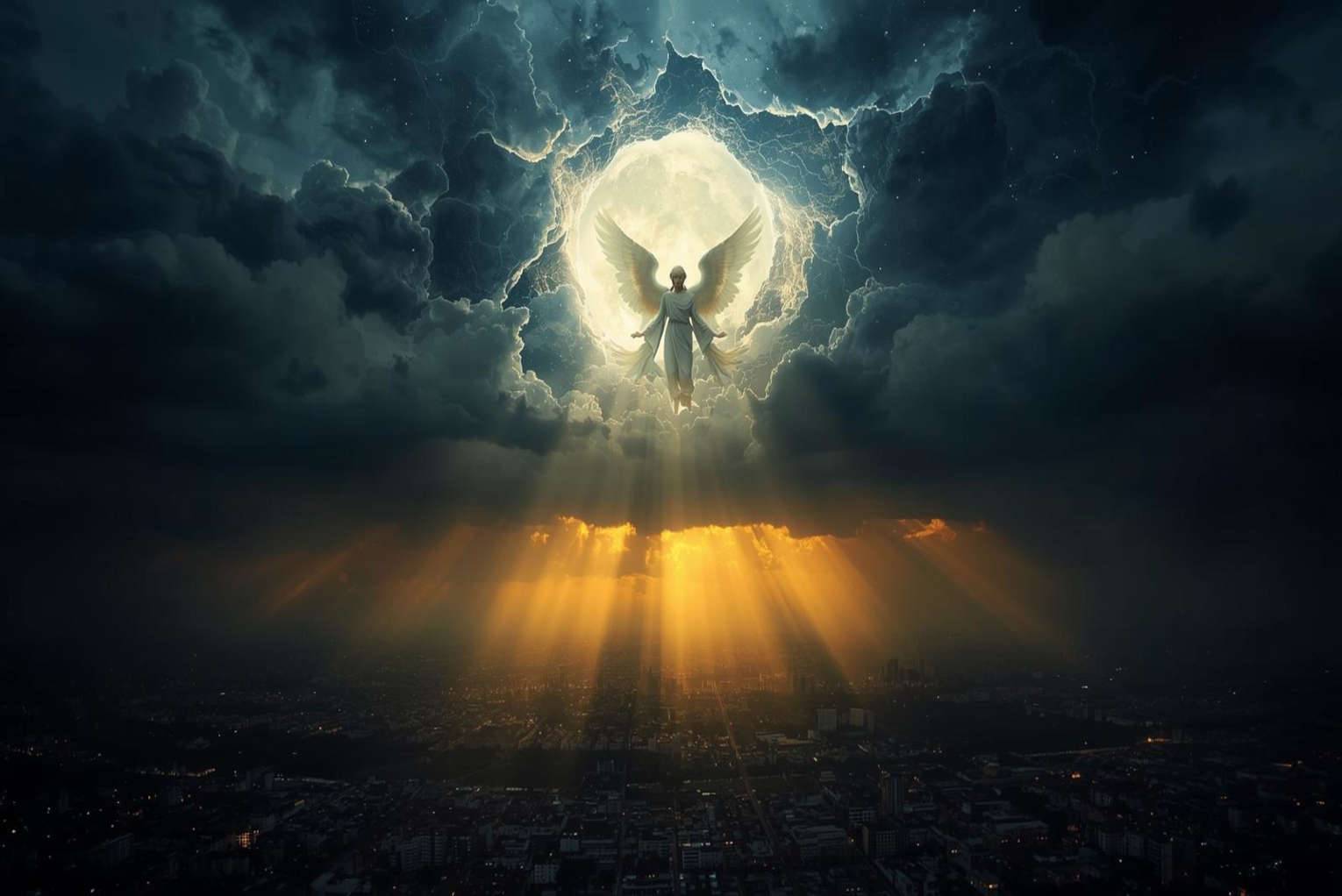We are drowning in bad news these days. We’ve experienced a divisive presidential election, a wave of racial violence, a solar eclipse and two devastating hurricanes. If that’s not bad enough, North Korea’s dictator is threatening to fry the United States with his nuclear missiles.
So I’m not surprised that another doomsday prophet has predicted the end of the world.
This time it’s a “researcher” named David Meade, author of a book called Planet X—The 2017 Arrival. He has marked his calendar for Sept. 23, and he says that’s the day the world will end.
Meade says a hidden planet called Nibiru will crash into Earth that day. (Never mind that Nibiru hasn’t been detected on any telescopes.) Meade also claims he has Bible passages to back up his outrageous theory. So because he can “prove” his prediction from Scripture, many Christians are spreading his loopy ideas.
Meade believes the Aug. 21 solar eclipse indicated the ghost planet’s arrival. He has no scientific evidence of this oncoming collision, but he cites Isaiah 13:9: “See, the day of the Lord comes, cruel, both with wrath and fierce anger, to lay the land desolate, and He shall destroy its sinners out of it.”
Conspiracy theorists like Meade have been spreading rumors about a planet called Nibiru for more than 40 years. They claim it is inhabited by a race of ancient aliens who came to Earth thousands of years ago to mine for gold. Meade says the world will end on Sept. 23, 2017 because the date is somehow encoded in both the Bible and the Egyptian pyramids.
I cringe when I hear that Christians are falling for this hoax. I can’t compete with this doomsday madness, but I can offer an appeal for sanity. Here are three reasons why you shouldn’t believe or spread Meade’s prediction:
- It is a false prophecy. Jesus Himself said all end-times date setting is strictly off-limits. He told His disciples on the day He ascended: “It is not for you to know times or epochs which the Father has fixed by His own authority” (Acts 1:8, NASB). Matthew 24:36 says the date of Christ’s return is known only by the Father. If it is not for us to know, then how does David Meade know? Only the worst form of spiritual pride would lead a person to claim such knowledge.
- Failed date-setting has discredited Christians many times before. Why can’t we learn from history? William Miller, the father of Seventh-day Adventism, was convinced Jesus would return in 1844. When his prediction turned out to be bogus, many disillusioned “Millerites” abandoned their faith.
Jehovah’s Witnesses taught that Jesus would begin His millennial reign in 1914. When that didn’t happen, they pointed to the outbreak of World War I and began teaching that this was the “beginning of the end.” A few years later they moved the date to 1925. Nothing happened that year, but more than a generation later they circulated the prediction that the world would end in 1975. (They also taught that only Jehovah’s Witnesses would survive a global holocaust.)
Recent history is littered with more of these embarrassing predictions. It hasn’t been that long since Edgar Whisenant, a Christian layman, wrote 88 Reasons Why the Rapture Will Be in 1988. Millions of believers bought that paperback book. Other Christians have made similar predictions—such as the Y2K scare in 1999 or Harold Camping’s infamous warning that the world would end on May 21, 2011.
- End-times date-setting hinders the cause of Christ. It’s wrong-headed and irresponsible for any Christian to tell an unbeliever when Jesus is coming back or when the world will end. That’s not the message we were commissioned to preach. Dates and deadlines don’t have the power to save souls—only the gospel can do that.
When we share Christ with others, we don’t need to provide a date for His Second Coming. Instead, we should tell them about the miracle of Calvary and remind them: “Today is the day of salvation” (2 Cor. 6:2). Hundreds of thousands of people die every day without Jesus, whether or not He returns in their generation. This alone should motivate us to avoid foolish distractions and false prophecies so we can get busy with the task of evangelism.
Our job is to preach the good news—not the bad news!
All the storms, floods, fires, earthquakes, riots, political tension, terrorism and nuclear attacks have put fear and anxiety in people’s hearts today. But the answer to all this bad news is not a doomsday prediction; the answer is Jesus, who gives us supernatural peace so we can live securely in a chaotic world.











































